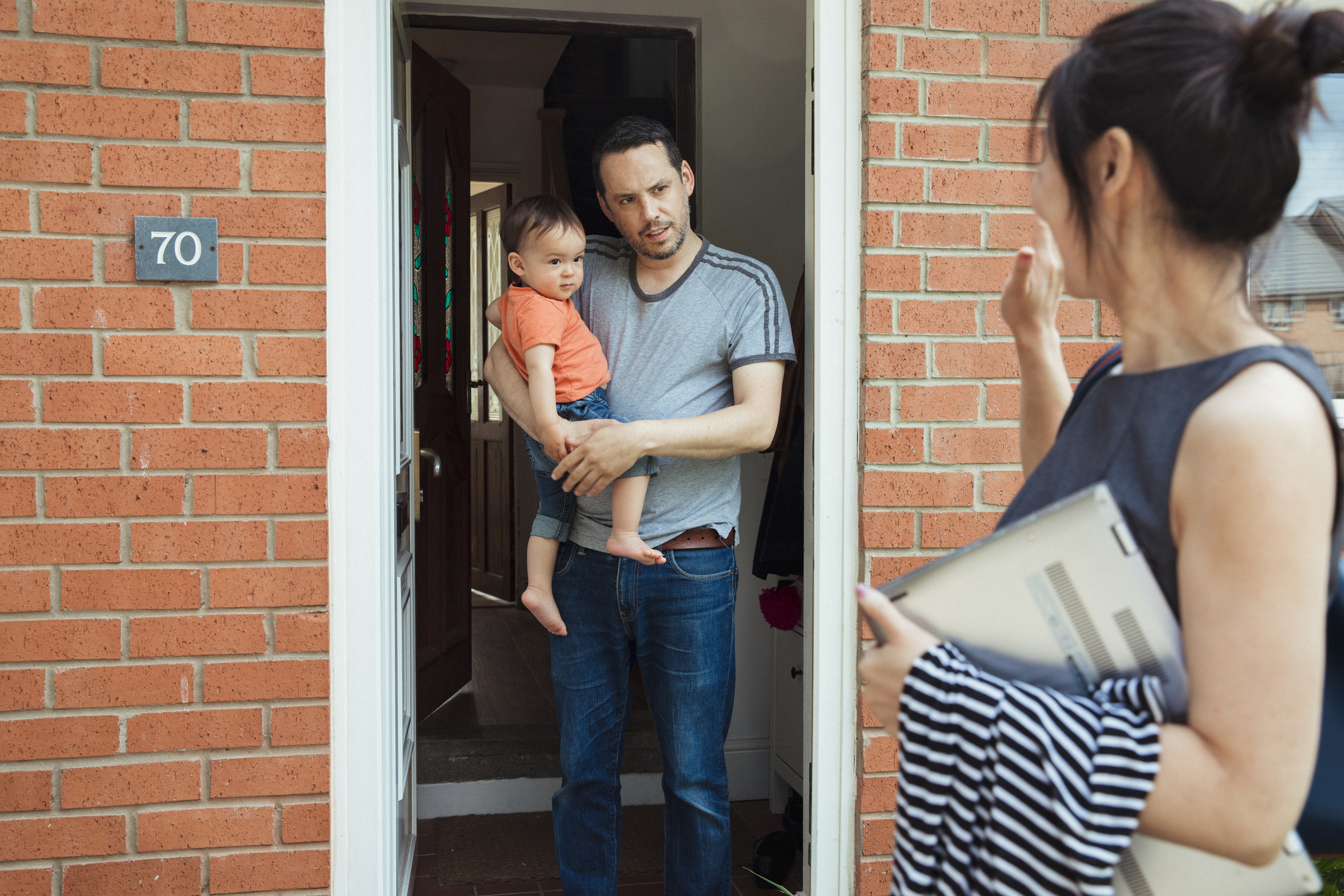
Business & Economics
Pandemic fallout exposes the young and vulnerable

About a third of working Australians do some work on the weekend, though for most their main job is still on week days. But will an increase in working from home blur the lines?
Published 20 November 2020
Post-war 20th century Australia has been described as the land of the long weekend, a country where the pursuit of leisure was far more important than work.
Such characterisations are highly debatable, often rooted in anecdote rather than data, and perhaps more a reflection of how Australians wished to be perceived rather than reality.
But what is clear is that such visions have been shattered by the 21st century demands of living in a 24/7 economy.

While the 9 to 5, five-day work week remains the most common working arrangement, work is distributed across many other times of the day and week.
Many Australians work very long hours often taking their work home, while others are employed in industries where, largely as a result of consumer preferences, there is strong demand for work on Saturdays and Sundays – restaurants, retail trade and health care are prime examples.
Compared with other countries, the incidence of weekend work in Australia is relatively high.

Business & Economics
Pandemic fallout exposes the young and vulnerable
Survey data collected by the Australian Bureau of Statistics, for example, indicates that, in August 2019, almost 35 per cent of employed people usually worked at least some hours on the weekend.
In contrast, data from the European Household Survey reveals that the share of employed persons in the EU-15 area countries who report usually working either Saturday or Sunday, only averaged about 29 per cent in 2019, though the number varied greatly across member countries.
We can learn more about weekend work from the Household, Income and Labour Dynamics in Australia (HILDA) Survey. This too collects data about weekend work, but goes further by also collecting data on the number of hours worked on the weekend.
It can also tell us how weekend workers differ from other workers with regard to outcomes such as job satisfaction and work-family conflict.
The HILDA Survey data, however, does have limitations. Notably, questions on weekend work are only asked in respect of the main job.
Given second jobs (and about eight per cent of Australian workers have more than one job) will have a greater likelihood of involving work on the weekends, the HILDA survey will undercount weekend workers.
Data from wave 18 of the HILDA Survey (conducted mostly in the latter half of 2018) found only 32 per cent of employed people working weekends.

Possibly of most significance, these data point to two distinct groups of weekend workers:
those who work mainly or solely on the weekend, and accordingly are overwhelmingly working part-time (often on a casual basis)
those who work some hours on the weekend but who nevertheless work the majority of their hours between Monday and Friday
Just under 30 per cent of all persons working weekends work most of their hours on the weekend, with this fraction being much higher among women (36 per cent) than men (24 per cent).

Business & Economics
Too many eggs in the property wealth basket
Despite the relatively large fraction of Australians who work on the weekends, it still remains the case that the weekend is prime-time for spending shared time with family and friends.
Weekend work will, therefore, tend to reduce time with friends and family, since weekend workers will often be at work when other family members and friends are free.
It is then entirely unsurprising that satisfaction with working hours is lowest among weekend workers. This, however, only translates into a very modest difference in overall job satisfaction. Average job satisfaction for weekday workers is 7.7 (men) or 7.8 (women) on a 0 to 10 scale, which compares with about 7.6 for weekend workers.
Further, even these small differences disappear once basic worker characteristics (like age, gender and education) and occupation are accounted for.
Perhaps more significant is the impact of weekend work on working parents, a topic that is the subject of separate ongoing research with Dr Inga Laß at Germany’s Federal Institute for Population Research.
Using a multi-item measure of the extent to which work interferes with the demands of family life – or what is often referred to as work-life conflict (WFC) – we find evidence that weekend work is associated with higher levels of work-family conflict among working parents.

Perhaps surprisingly, we also find the impact of weekend work on WFC doesn’t differ between fathers and mothers, nor between coupled and single parents.
Far more in line with expectations, the impact of weekend work is moderated by control over working time. Weekend workers who report the maximum score on a measure of perceived control over their work schedule don’t have significantly higher levels of WFC than other workers.

Business & Economics
Losing our religion
An interesting question is whether current and new labour market trends and developments will exacerbate or reduce pressures to work on weekends.
Many economies, including Australia, have seen a marked surge in the incidence of working from home since the COVID-19 pandemic commenced, and it is possible that such trends may be the start of more lasting changes.
We conjecture that this will be associated with a greater blurring of the division between work time and non-work time, which in turn will be associated with paid work in some occupations (especially white-collar occupations) being spread over more days of the week.
But at the same time, there needn’t be any adverse consequences for families. Indeed, working from home should make it far easier for parents to combine work with the demands of parenting.
At a minimum, reductions in time spent commuting will provide more time for other activities.
Other positive effects are also likely given working from home is typically accompanied by the worker having greater control over when work is performed.
Banner: Getty Images